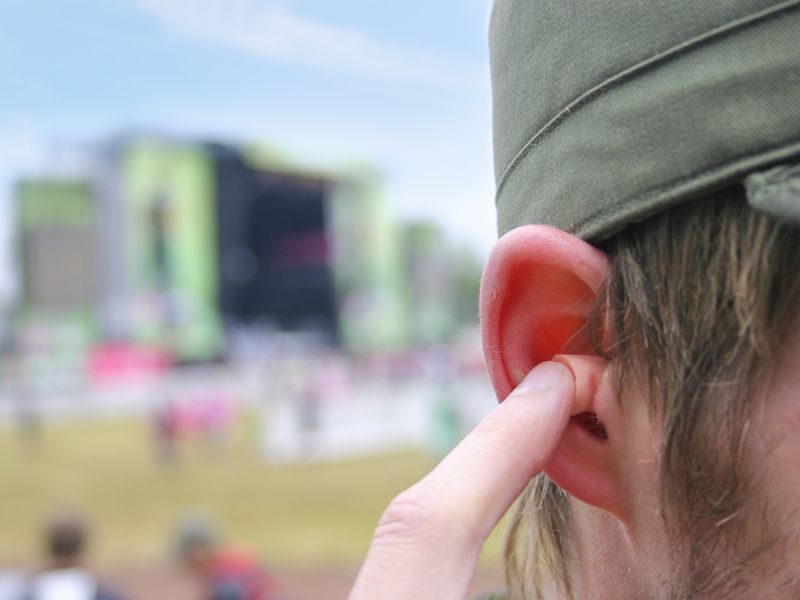
If you’re subjected to loud noises, for instance using a lawnmower in your backyard, going to a venue to see your favorite band in concert, or merely sleeping in your own bed next to a snoring spouse, earplugs may be helpful. Turning down the sound level is how earplugs help in the first two instances. In the last situation, they bring down the decibels and help protect your sanity (and maybe your marriage) by letting you get a good night’s sleep. But are your ears being damaged by these protectors?
Why Utilize Earplugs in The First Place?
The argument for earplugs is fairly simple: When used properly, earplugs can limit your exposure to excessive sound levels and thereby protect your ears. After you leave a loud place, say a football game where the Jumbotron keeps exhorting the crowd to, GET LOUD, whenever the other team kicks off, you’ve most likely noticed that your hearing seems off, and you may also experience symptoms of tinnitus. This happens because those super-loud sounds actually bend the small hair cells in your inner ear. It commonly goes away within a couple of days, because the hair cells have recovered.
But in a number of situations, there is a persistent attack on those tiny hairs, especially if you work in a noisy trade such as construction or in an airport. In this case, those hairs don’t get better, they are permanently injured. Inside each cochlea, there are about 16,000 of these tiny hair cells, but up to 50% of them can be harmed or ruined before your hearing has altered enough for the deficiency to appear in a hearing exam.
How Can Your Ears be Injured by Wearing Earplugs?
In terms of safeguarding your hearing, you’d think it would be a no-brainer to make use of earplugs. But if your exposed to loud noises on a regular basis, this seems even more obvious (like on the job or when your significant other snores as previously stated), headphones that limit, but don’t totally cancel, sound or over the head earmuffs are a much smarter idea. Earplugs aren’t the best choice for daily use but are a smarter choice for one off occasions such as a concert or sporting events.
Why? For one, earwax. So that they can protect themselves, your ears generate earwax, and if you’re always wearing earplugs, more earwax will be created, and the earplugs will jam it in further. Tinnitus and other problems can be the outcome from impacted earwax.
An ear infection can also result from overuse of earplugs. If you repeatedly wear the same pair, and you don’t clean them between uses, they can become bacteria traps. At the very least, ear infections can be a disturbance to your life. If neglected, in the worst instances, they can trigger an ear infection.
How Can You Use Earplugs Safely?
Earplugs nevertheless have a strong positive, whether it’s safeguarding your hearing or enjoying a peaceful night’s rest. Using them in the proper way and using the right kind is the secret to success. Foam earplugs are the least costly, which is good because you really shouldn’t use them more than once, the cushy, porous material is a germ’s haven. Don’t put wax or silicone earplugs back in until they are thoroughly dry after utilizing warm water to completely sanitize them. Buildup of dampness can cause mold and bacteria so store your earplugs in a well ventilated container.
You might want to get in touch with us concerning custom fit earplugs if you need or want them frequently. These are constructed from unique molds of your ears, they can be reused and because they’re fitted to your ears, their comfortable. Again though, to avoid any possible hearing problems, it’s essential to put into practice smart earplug hygiene!
